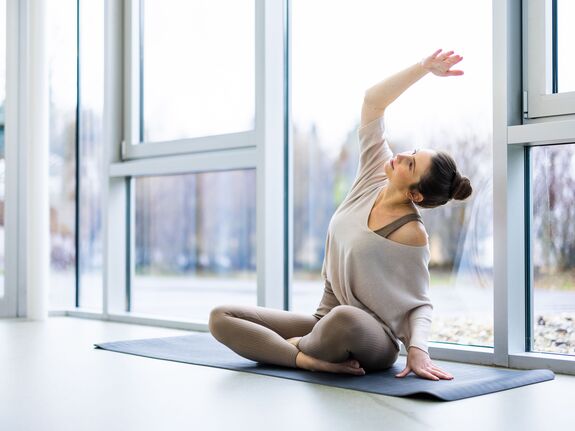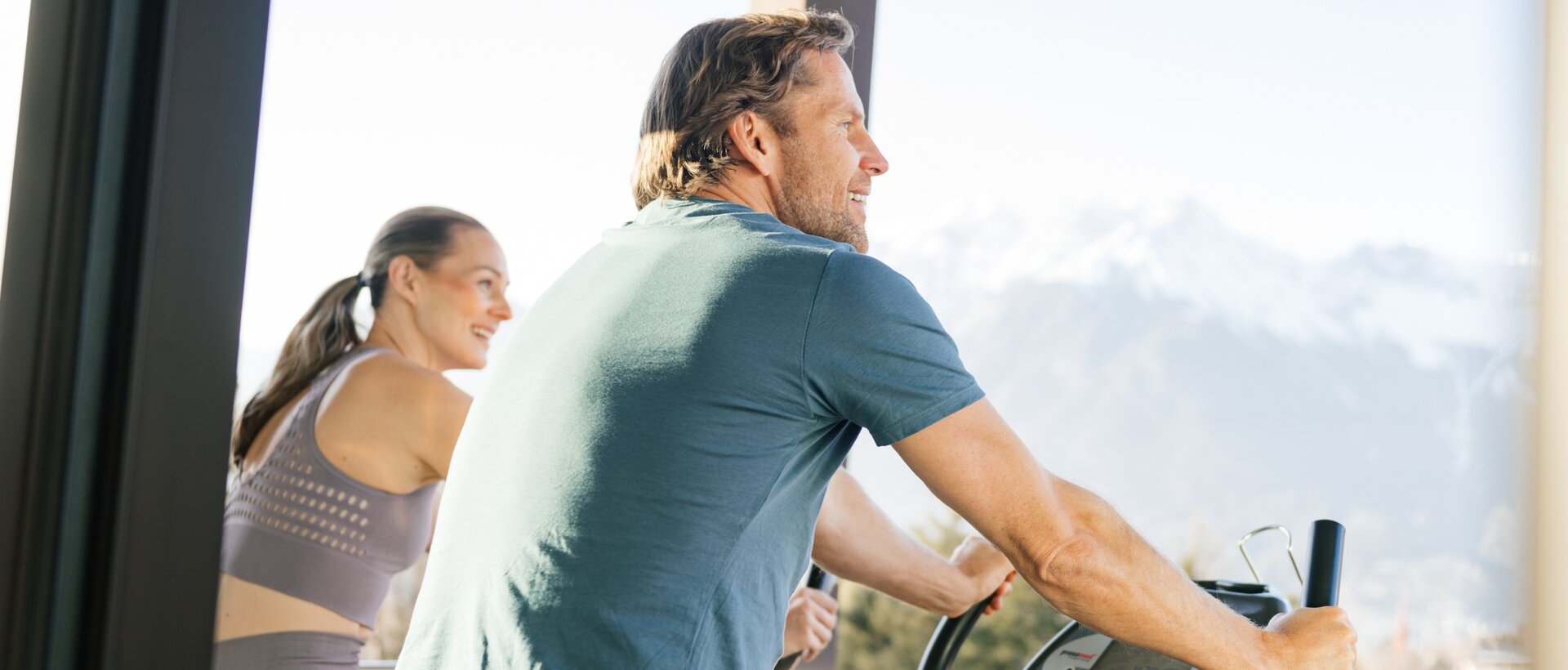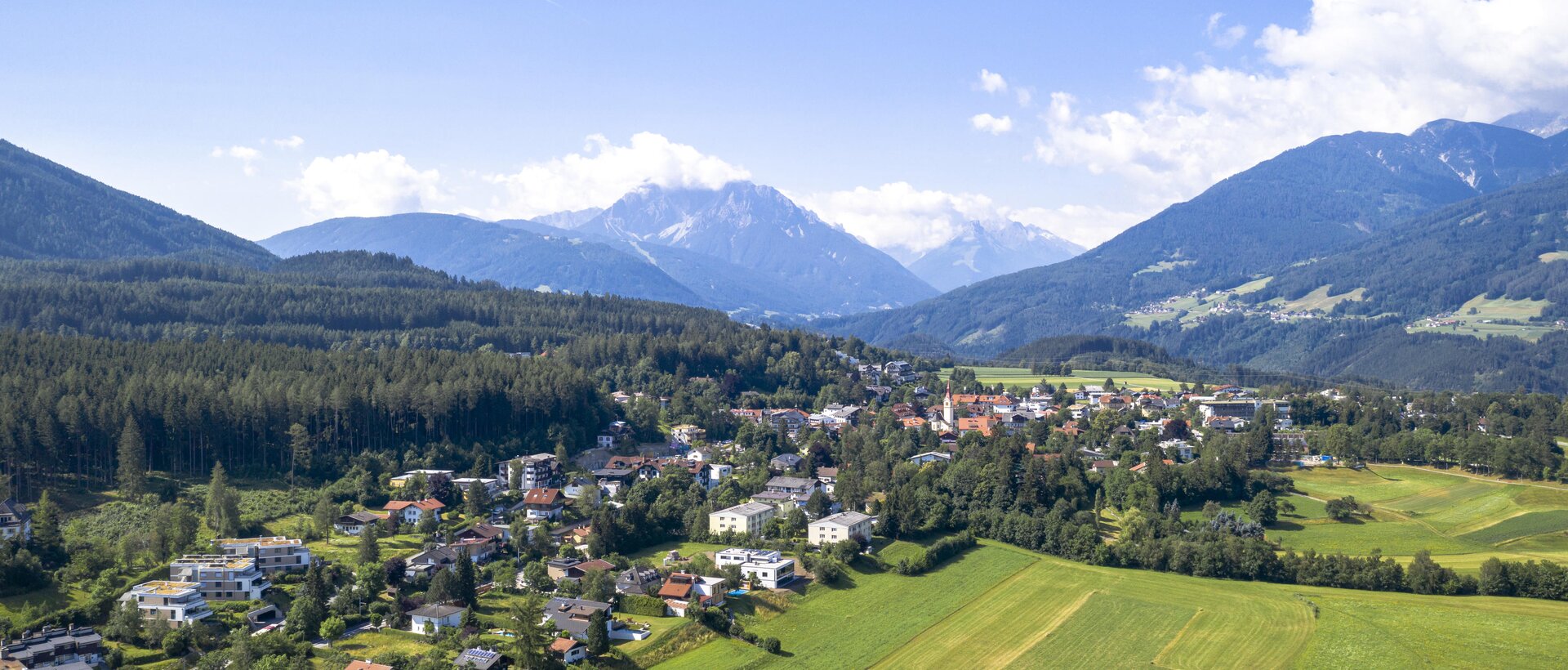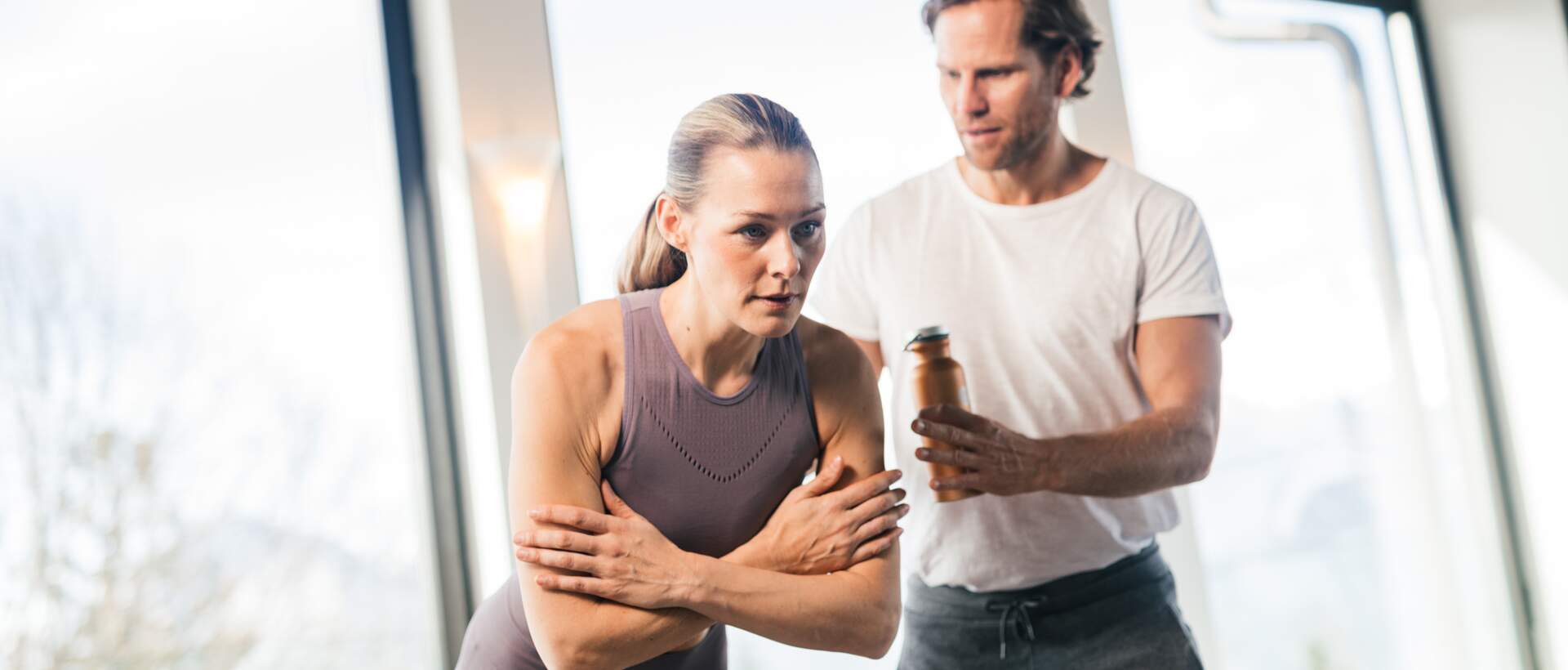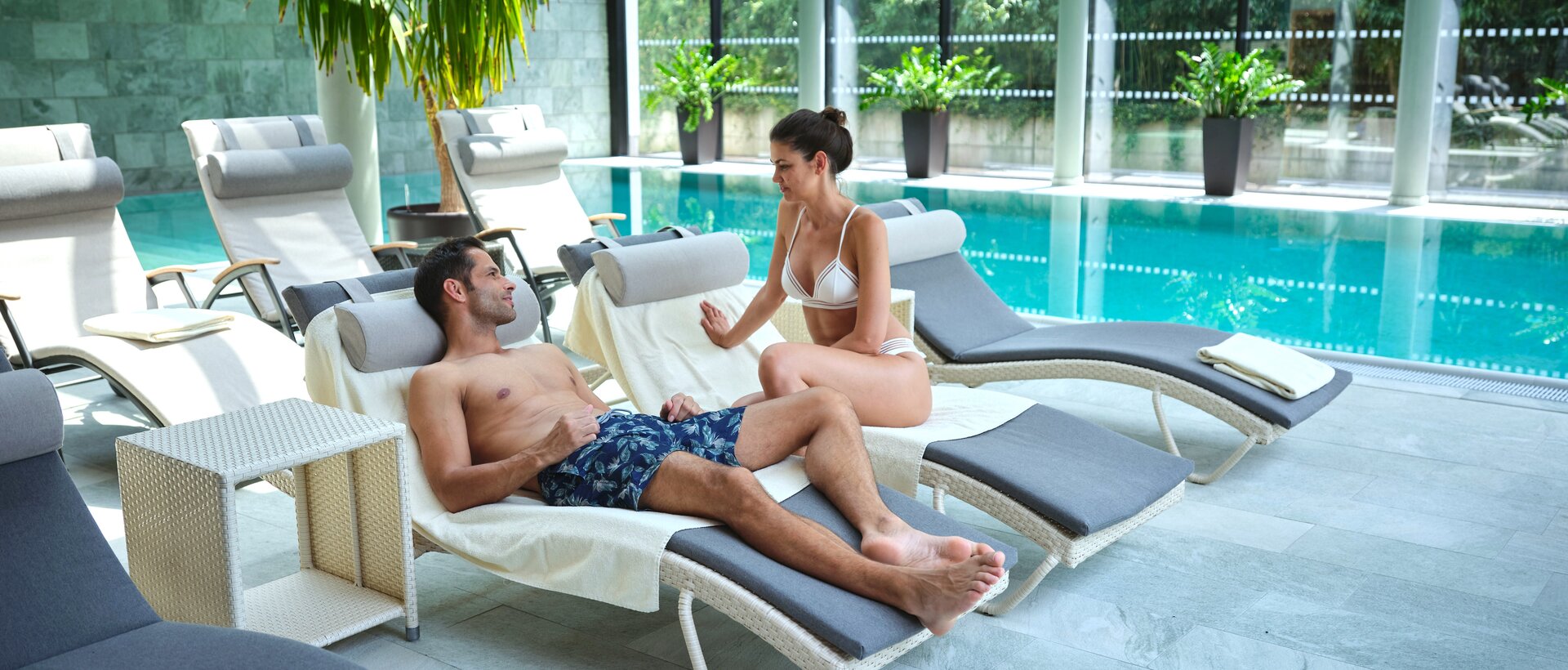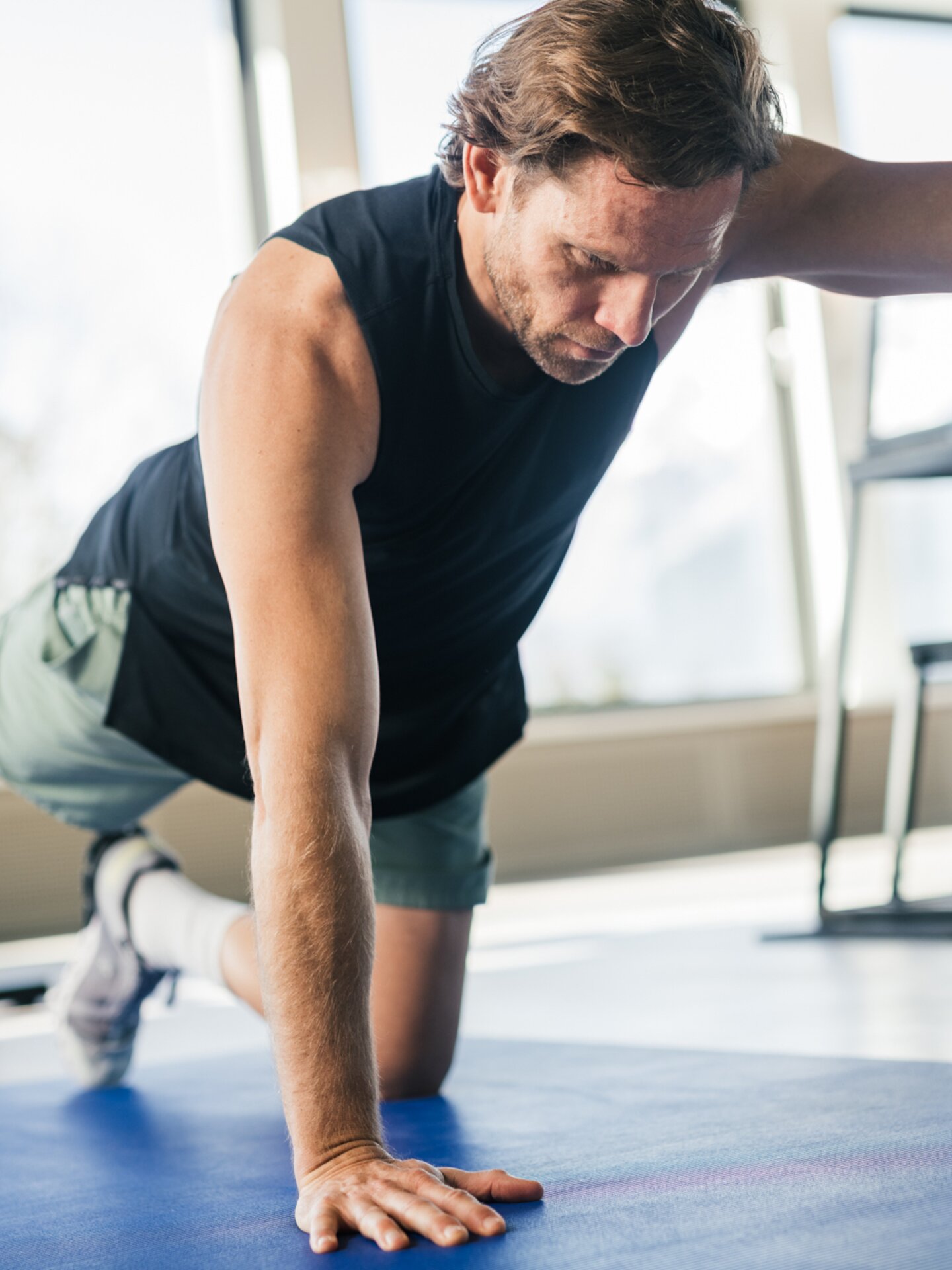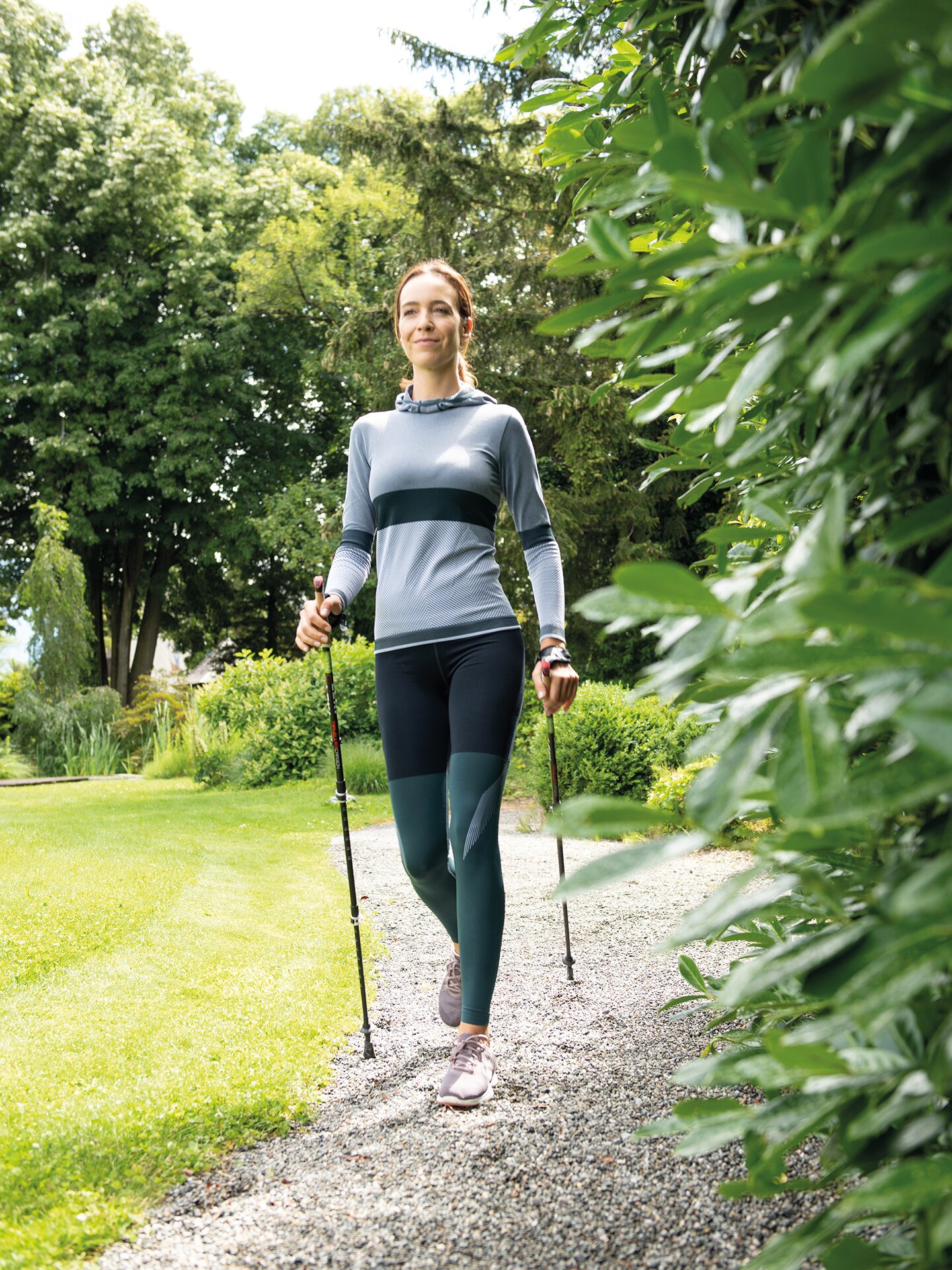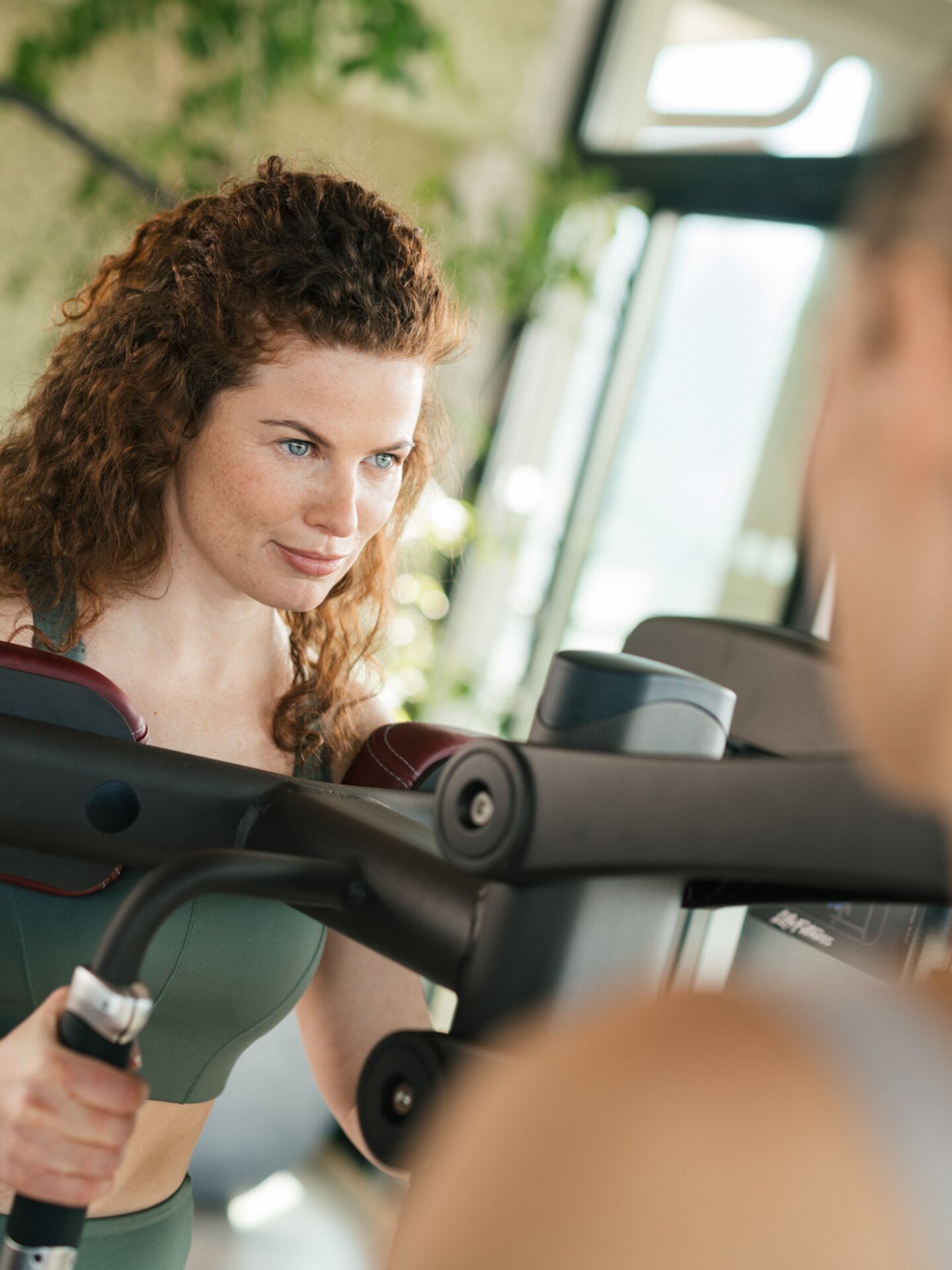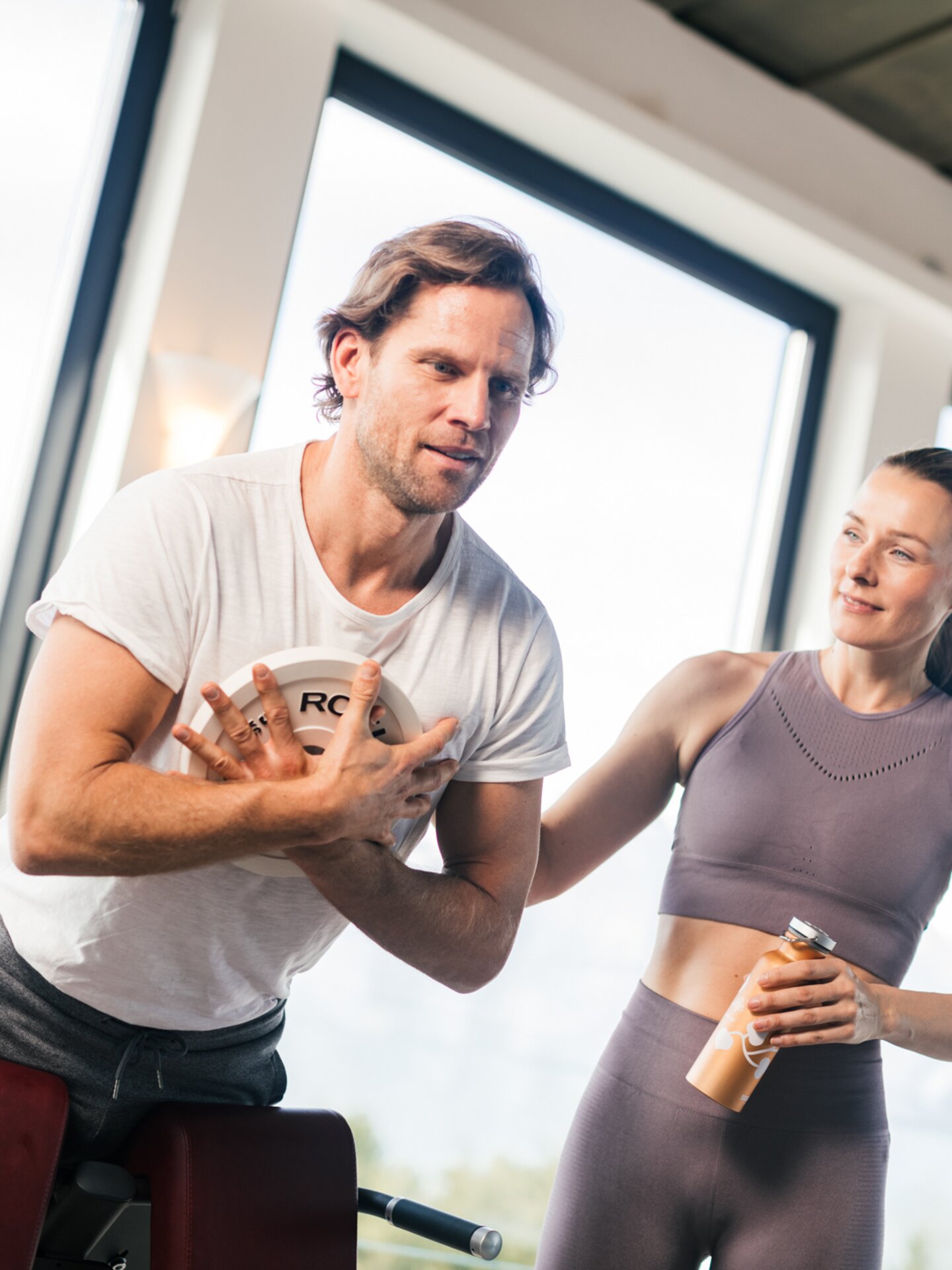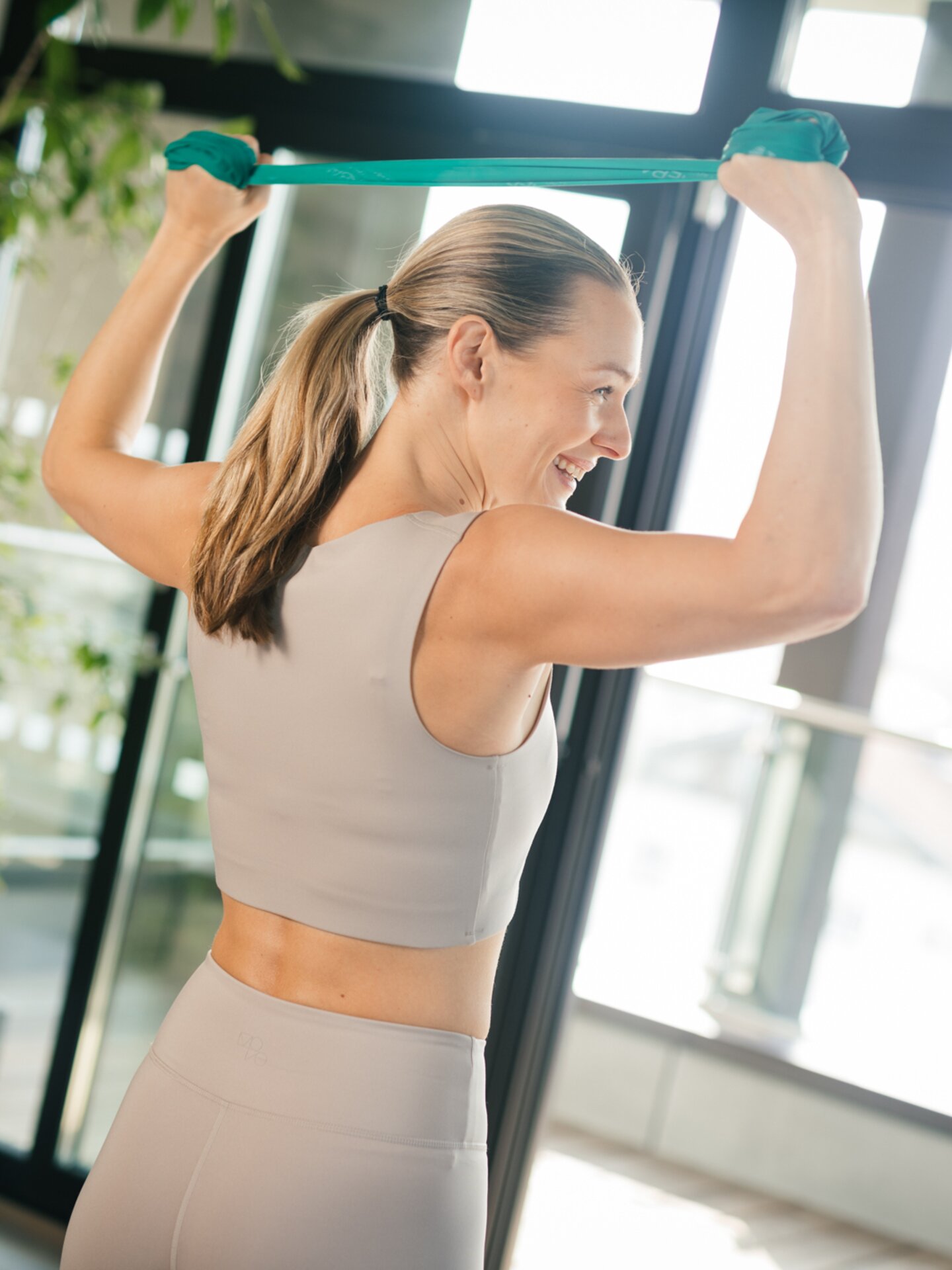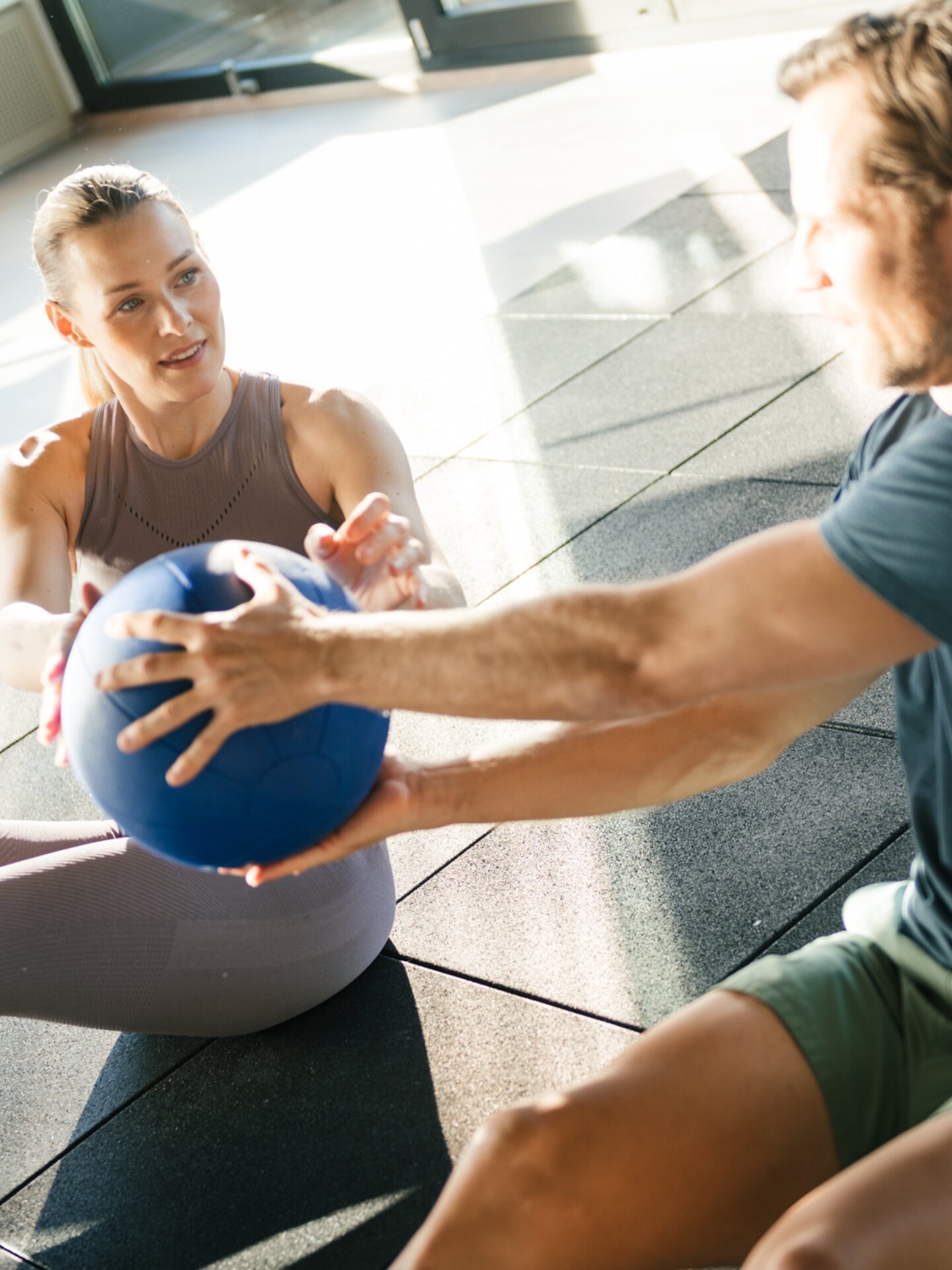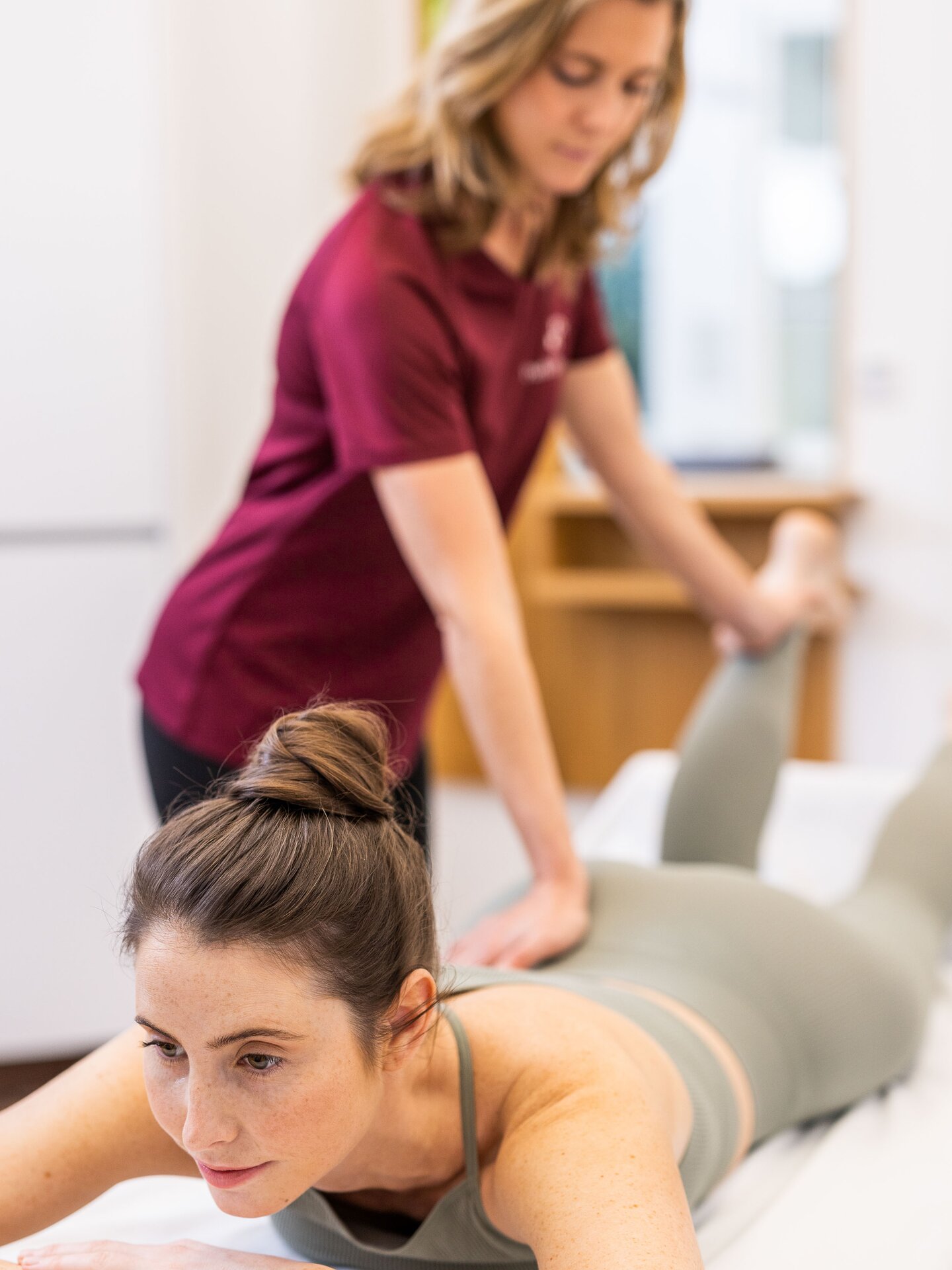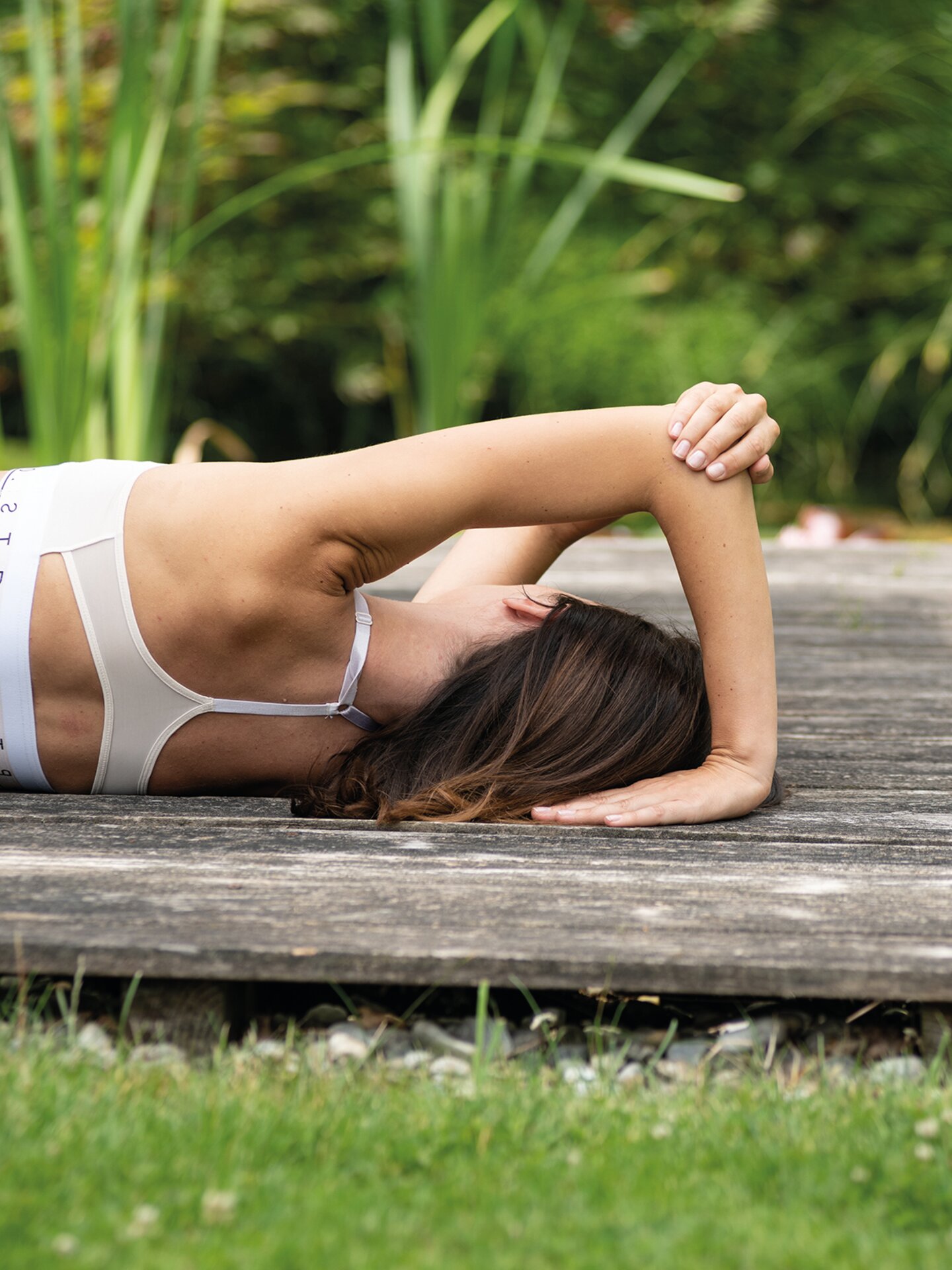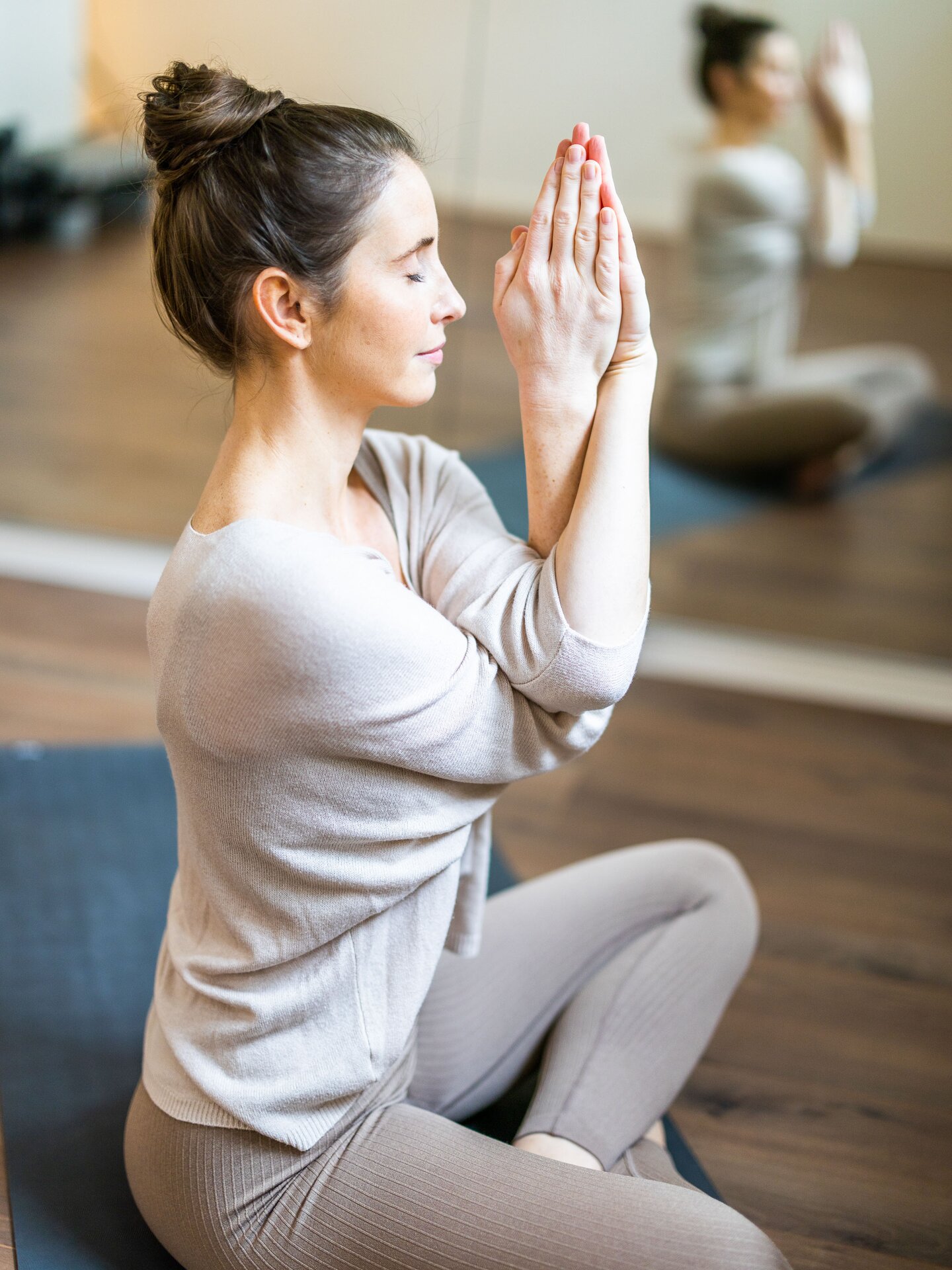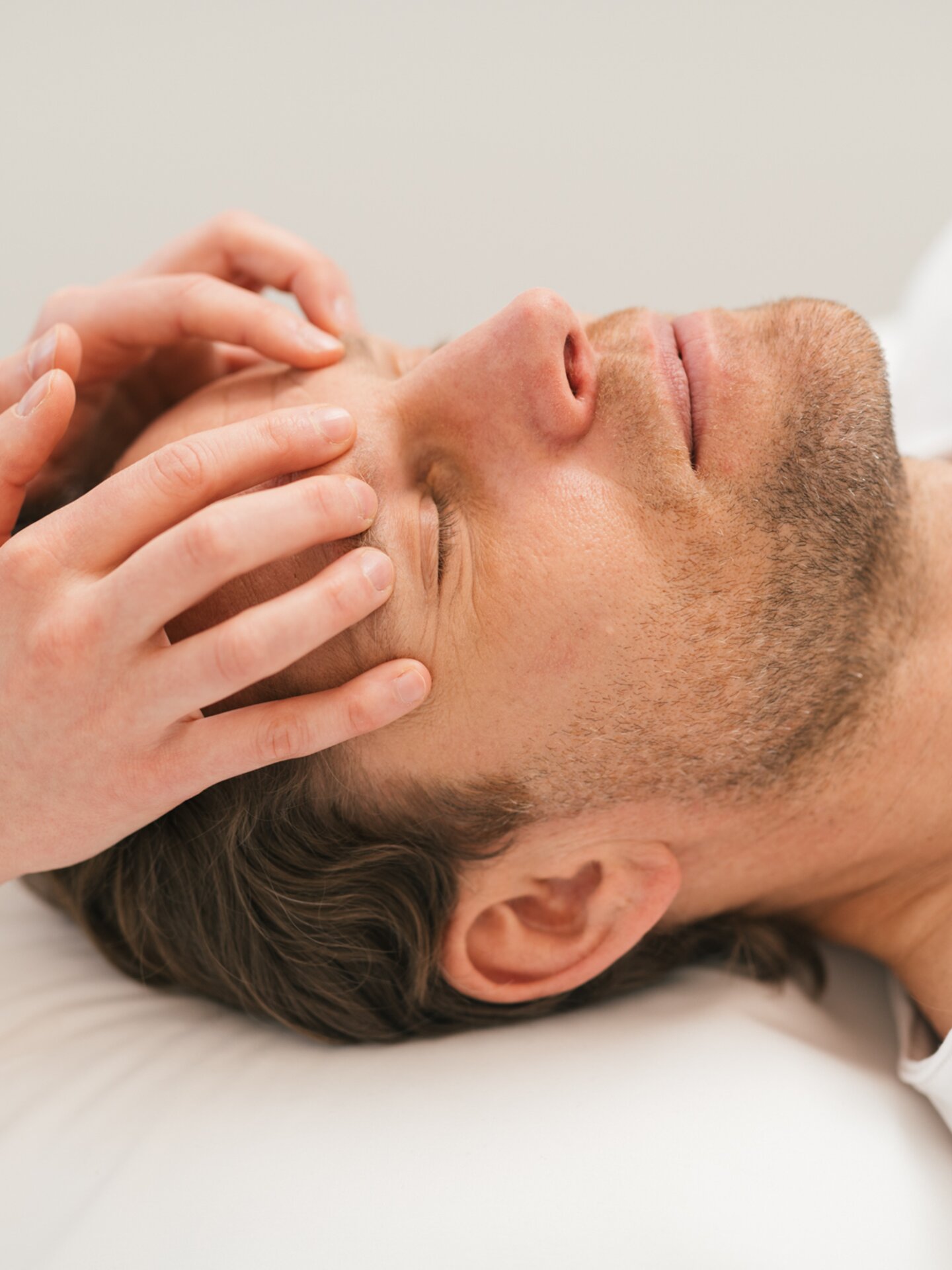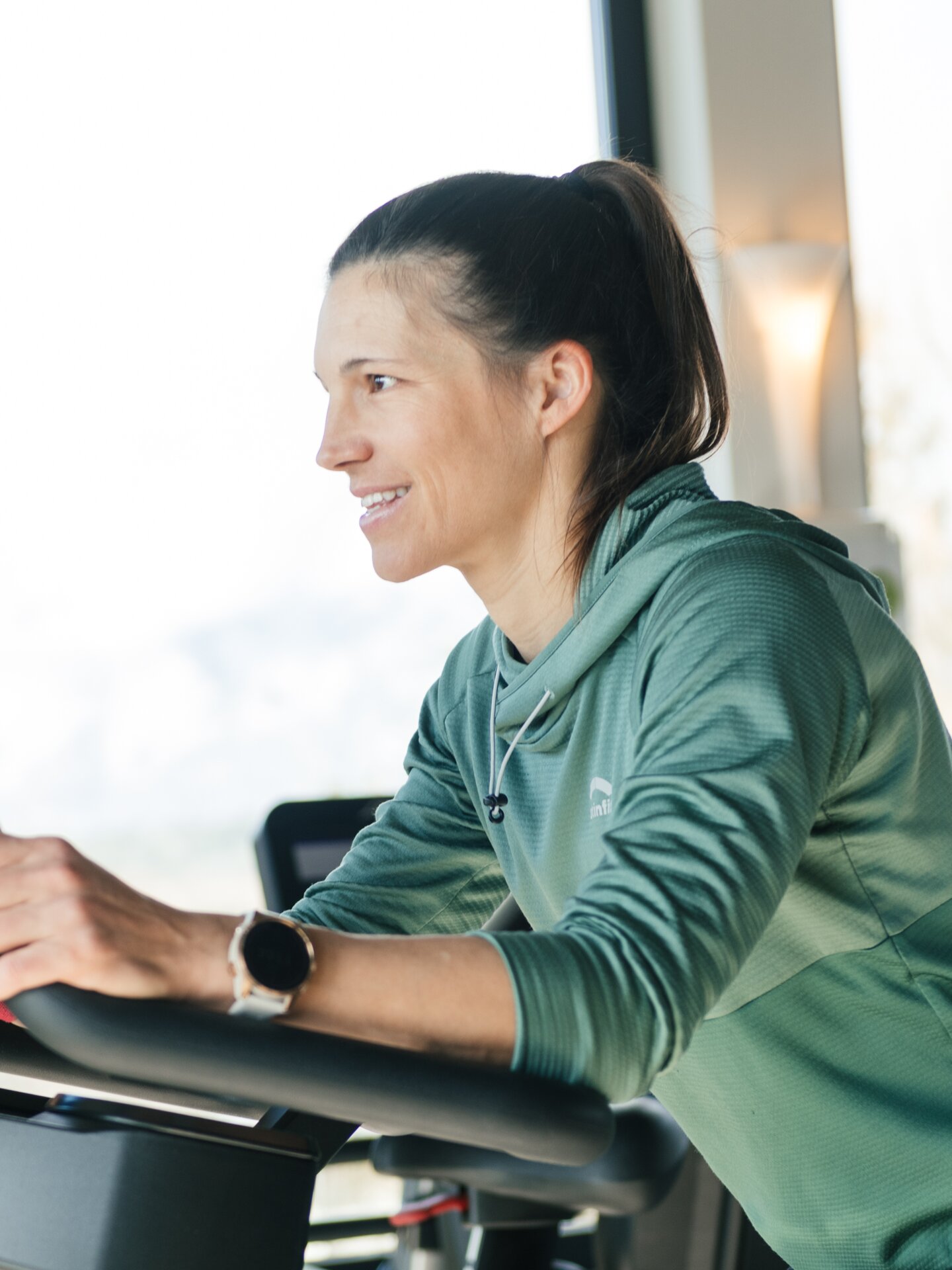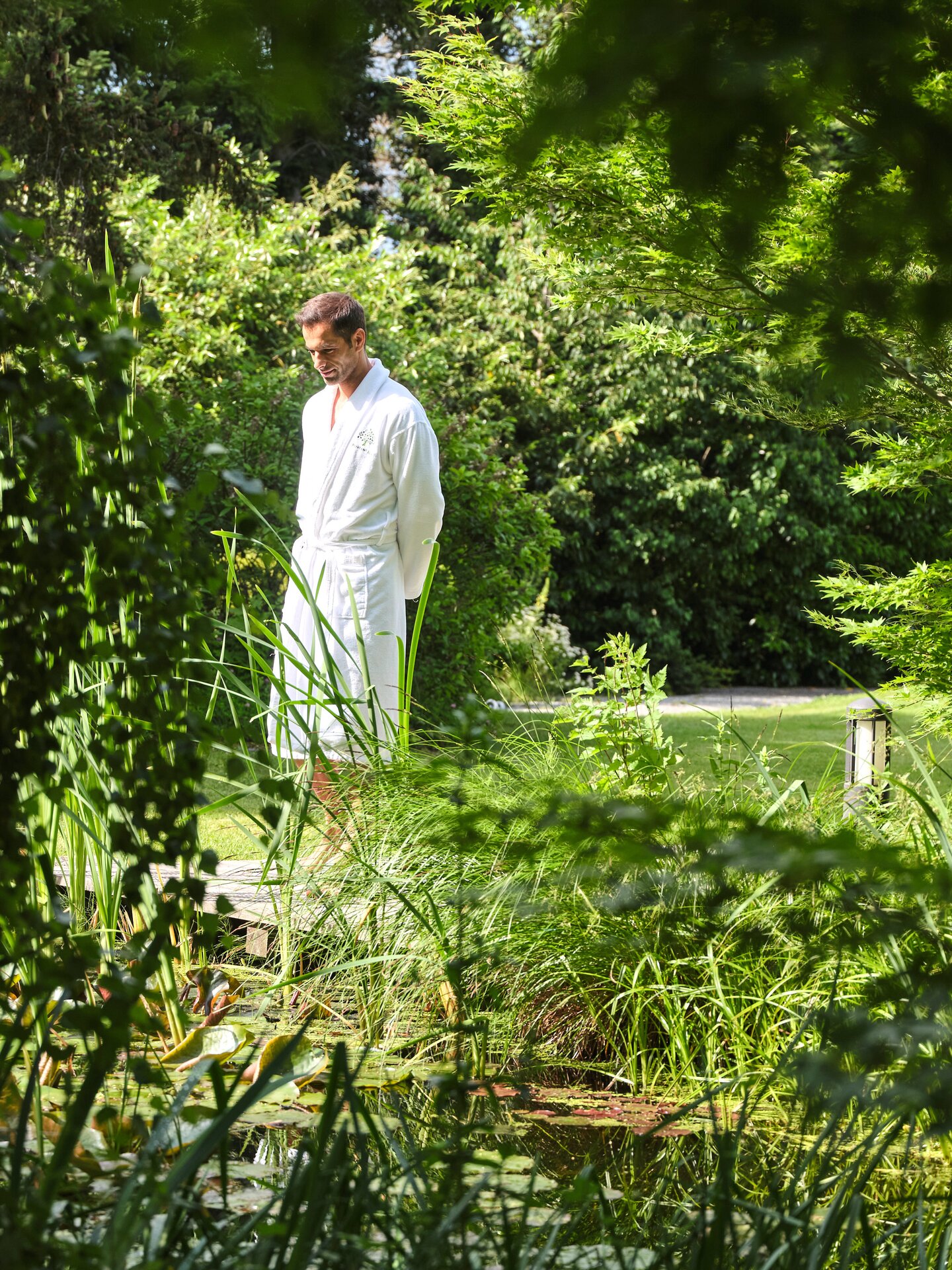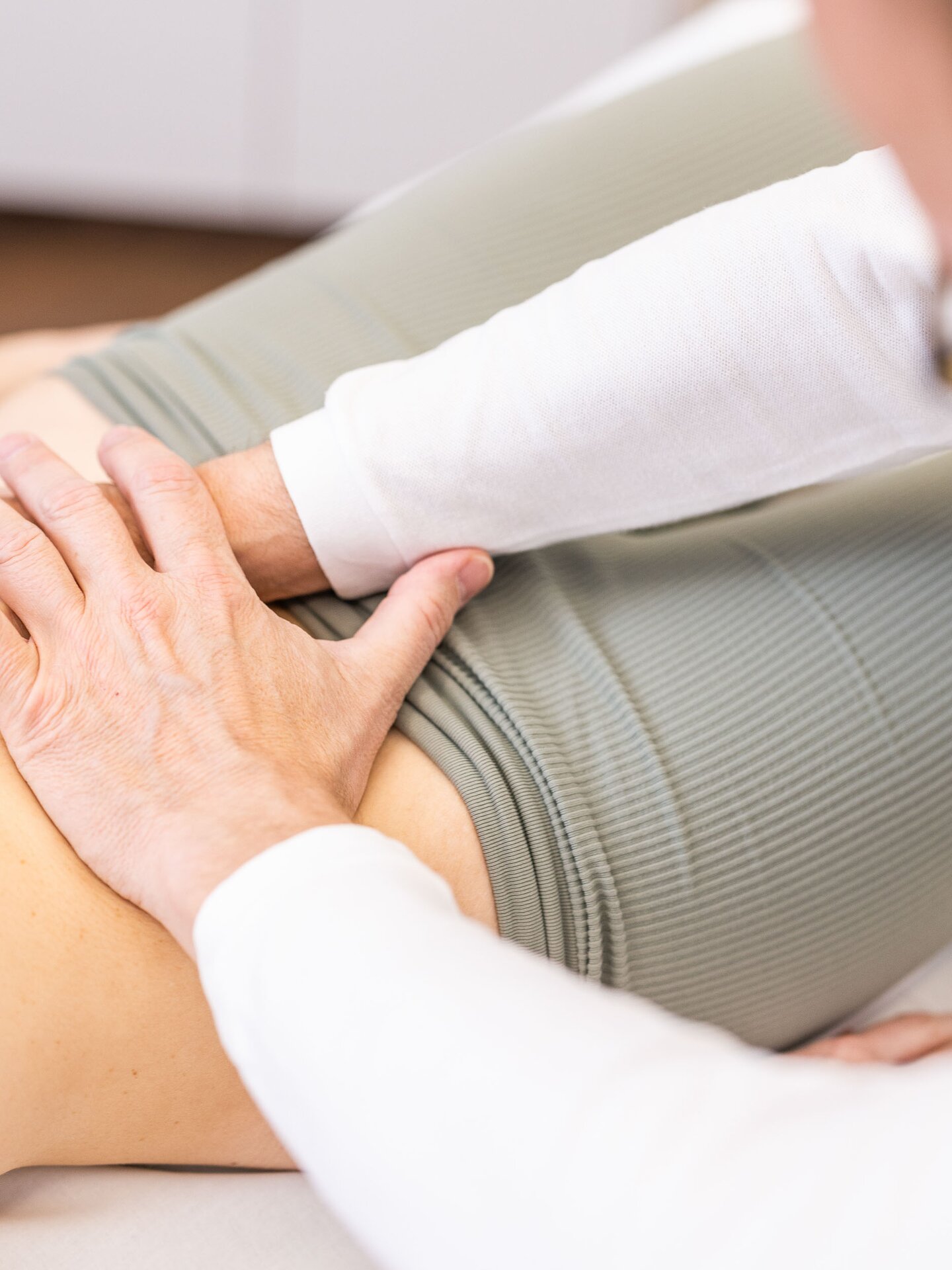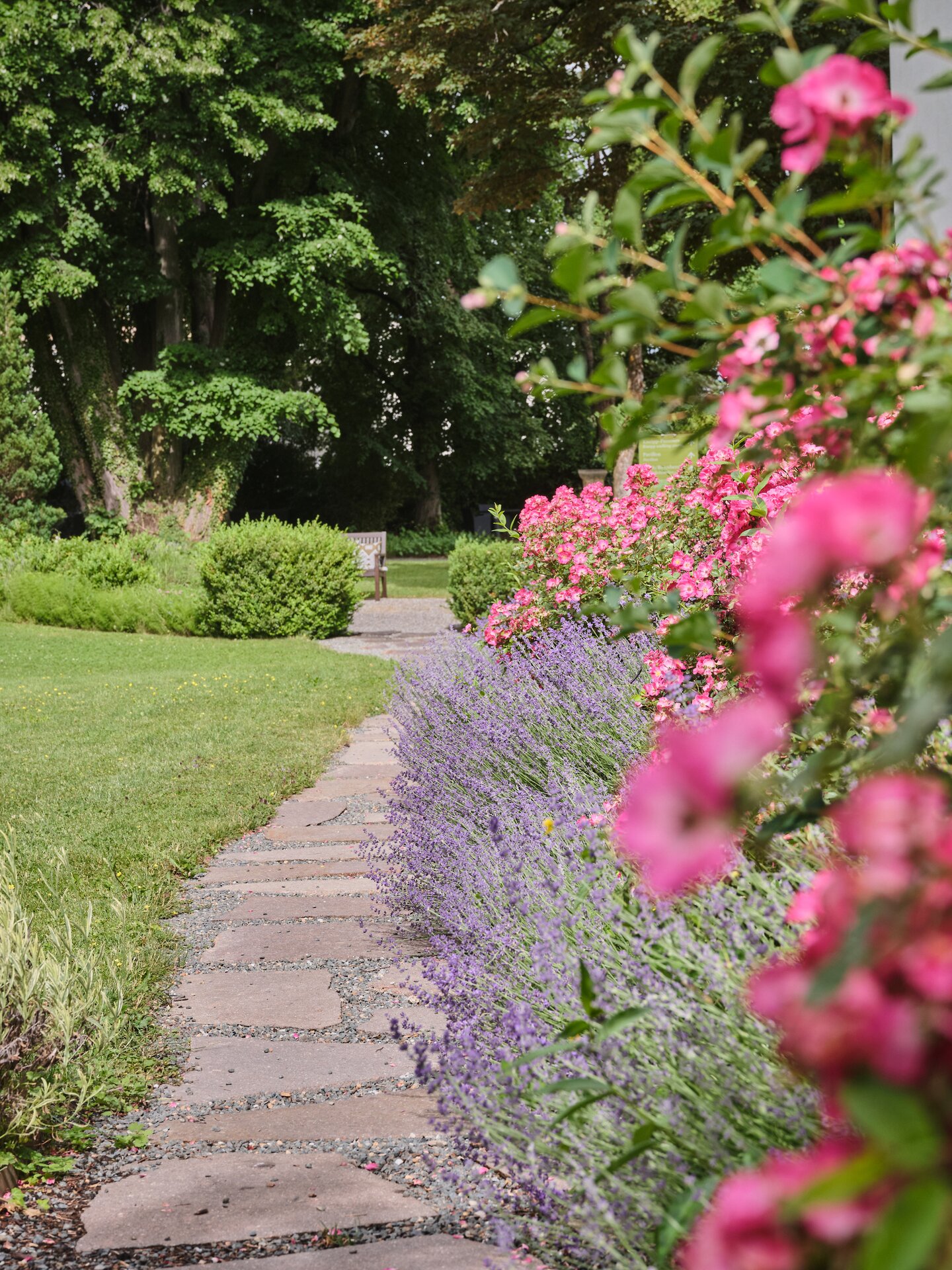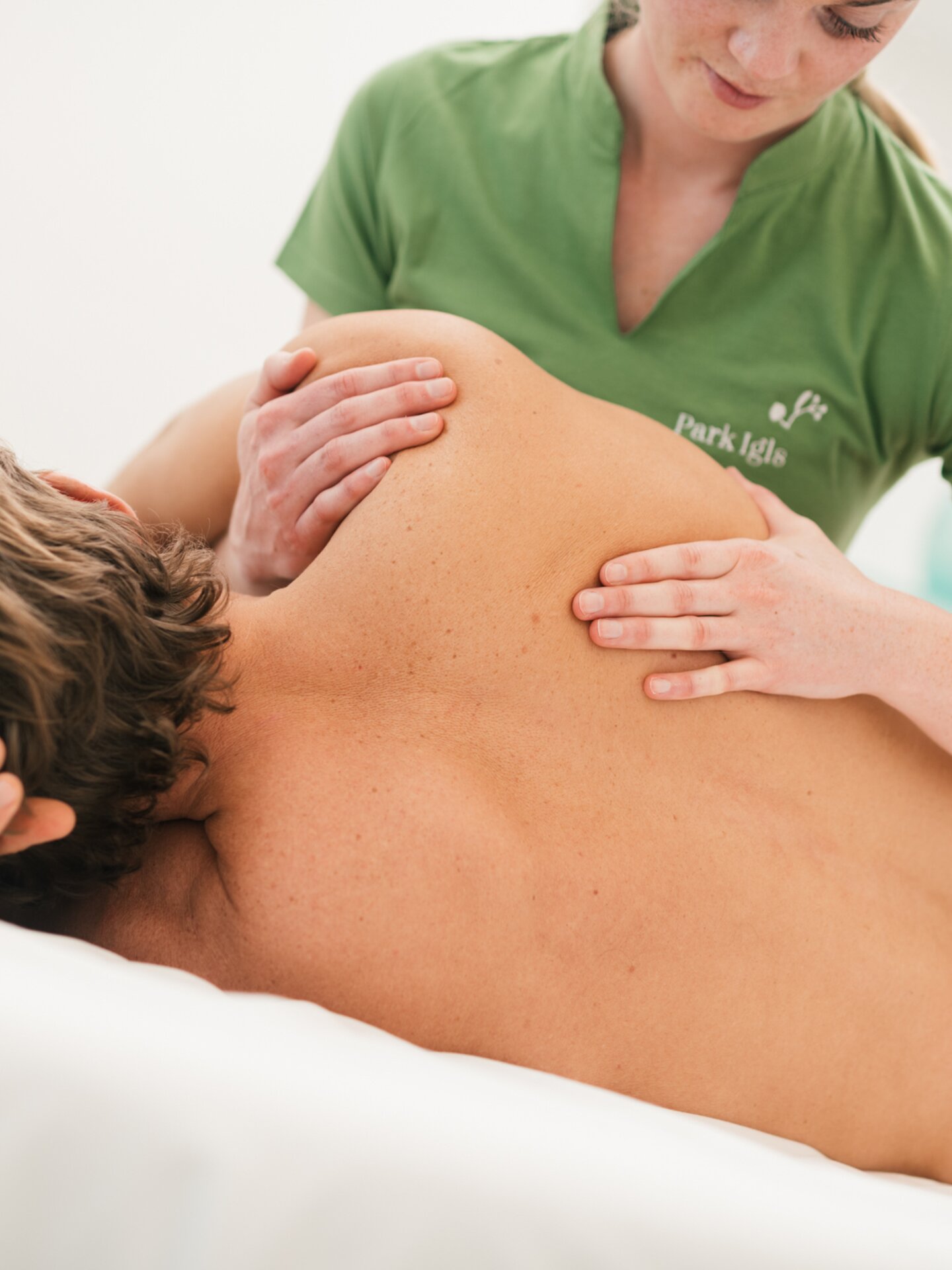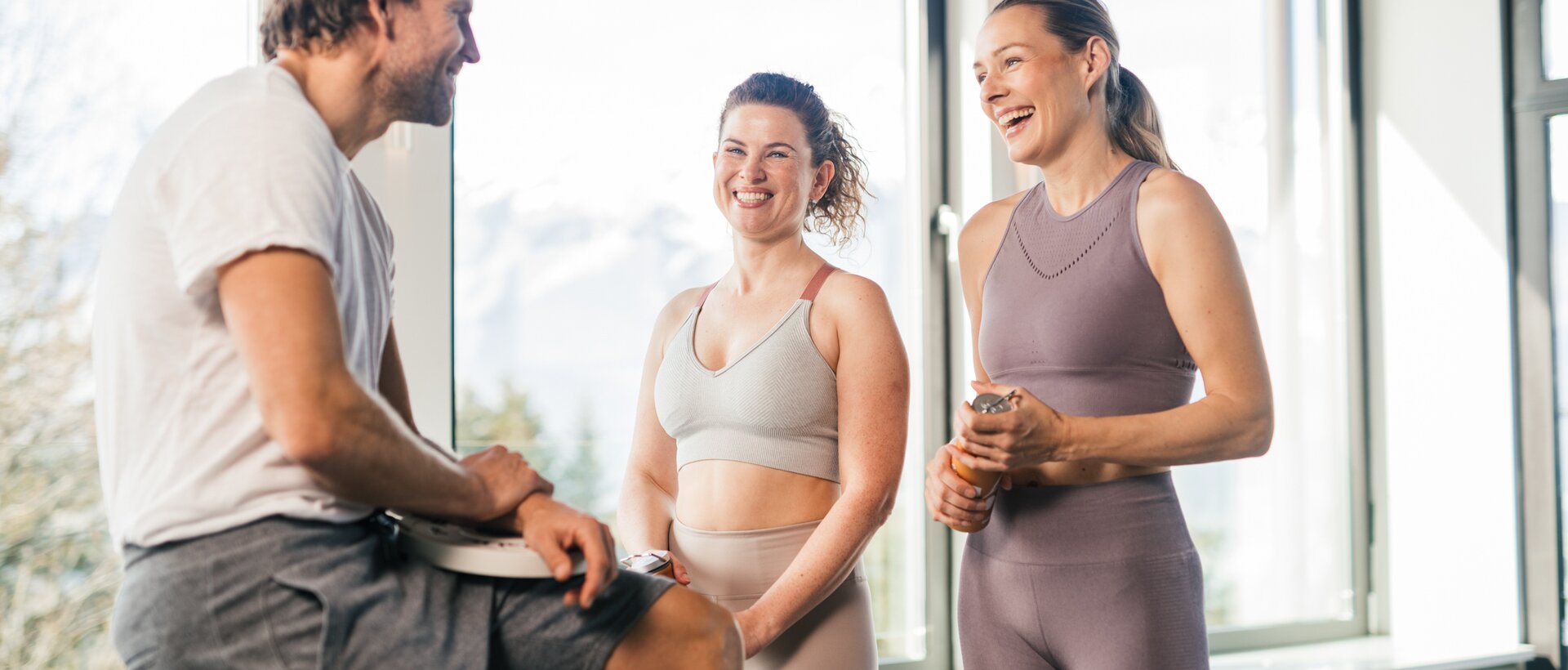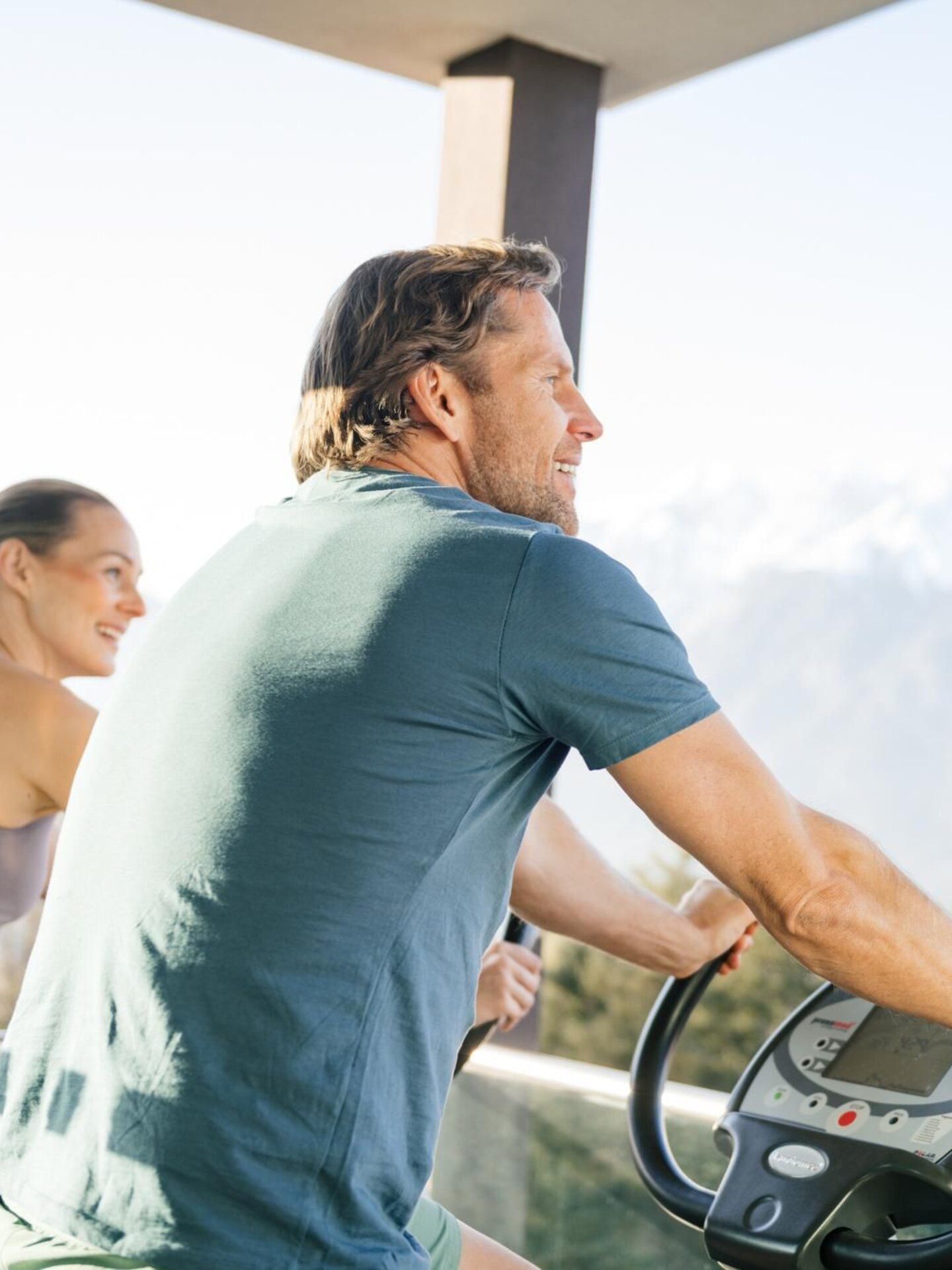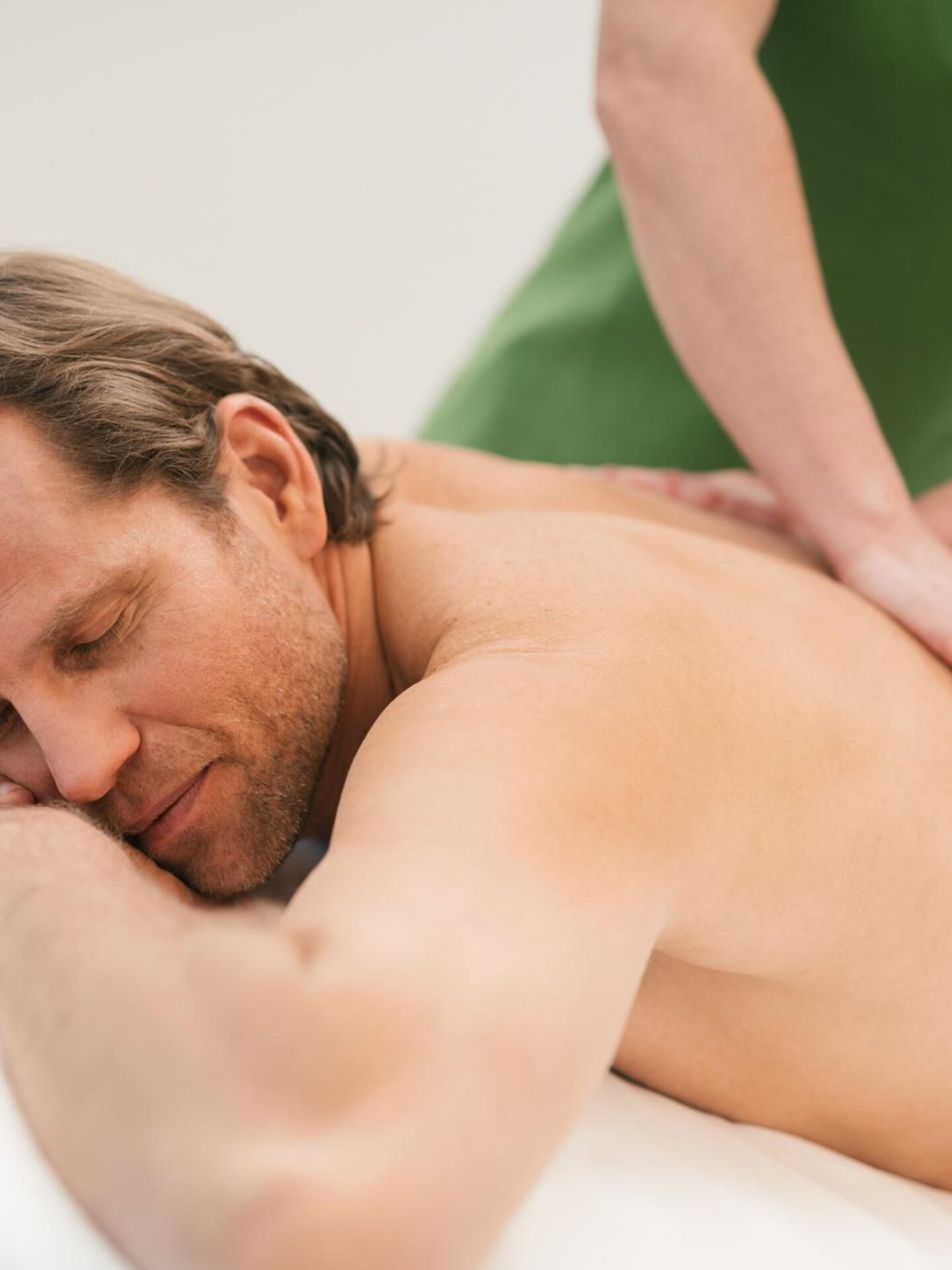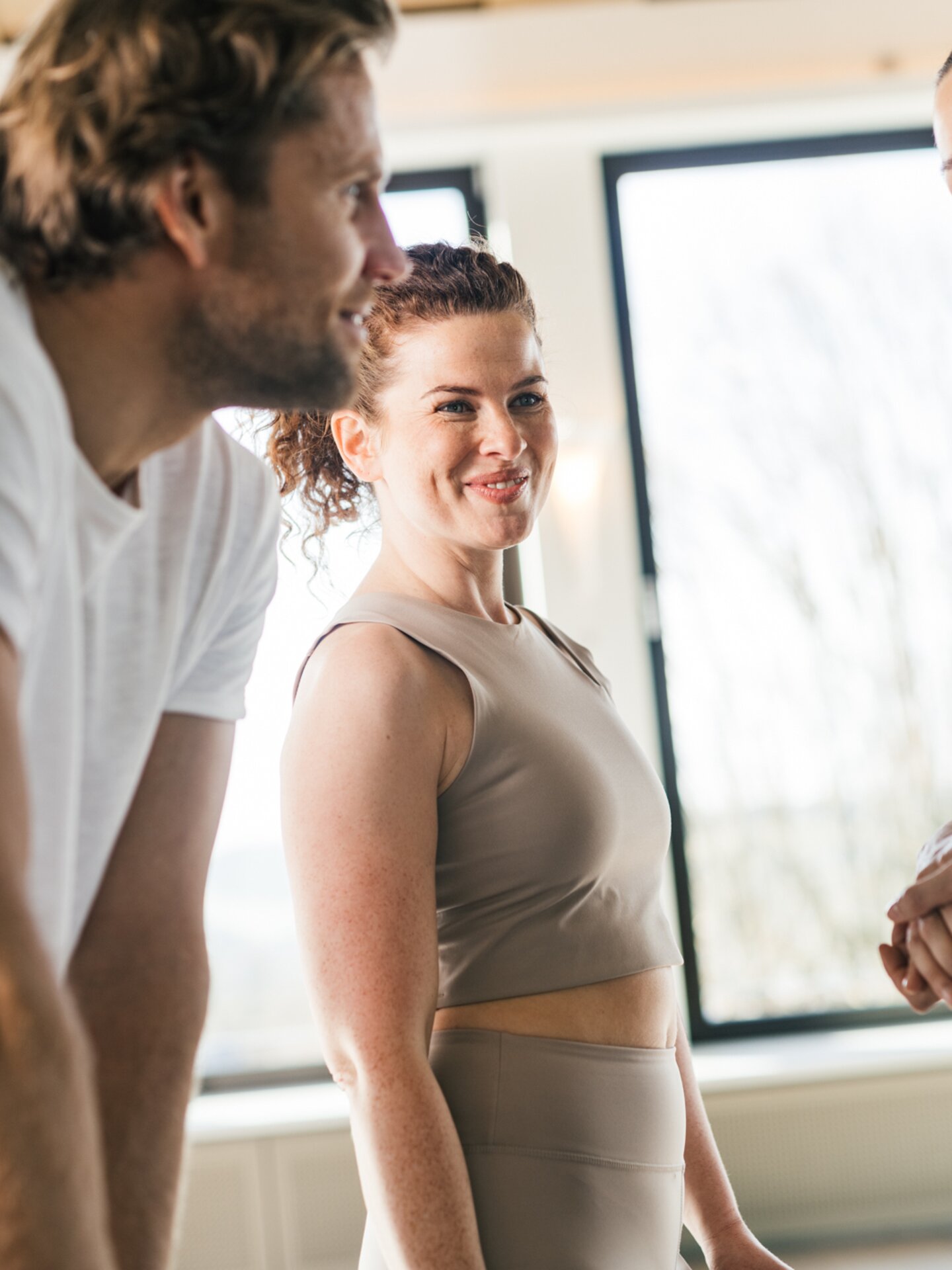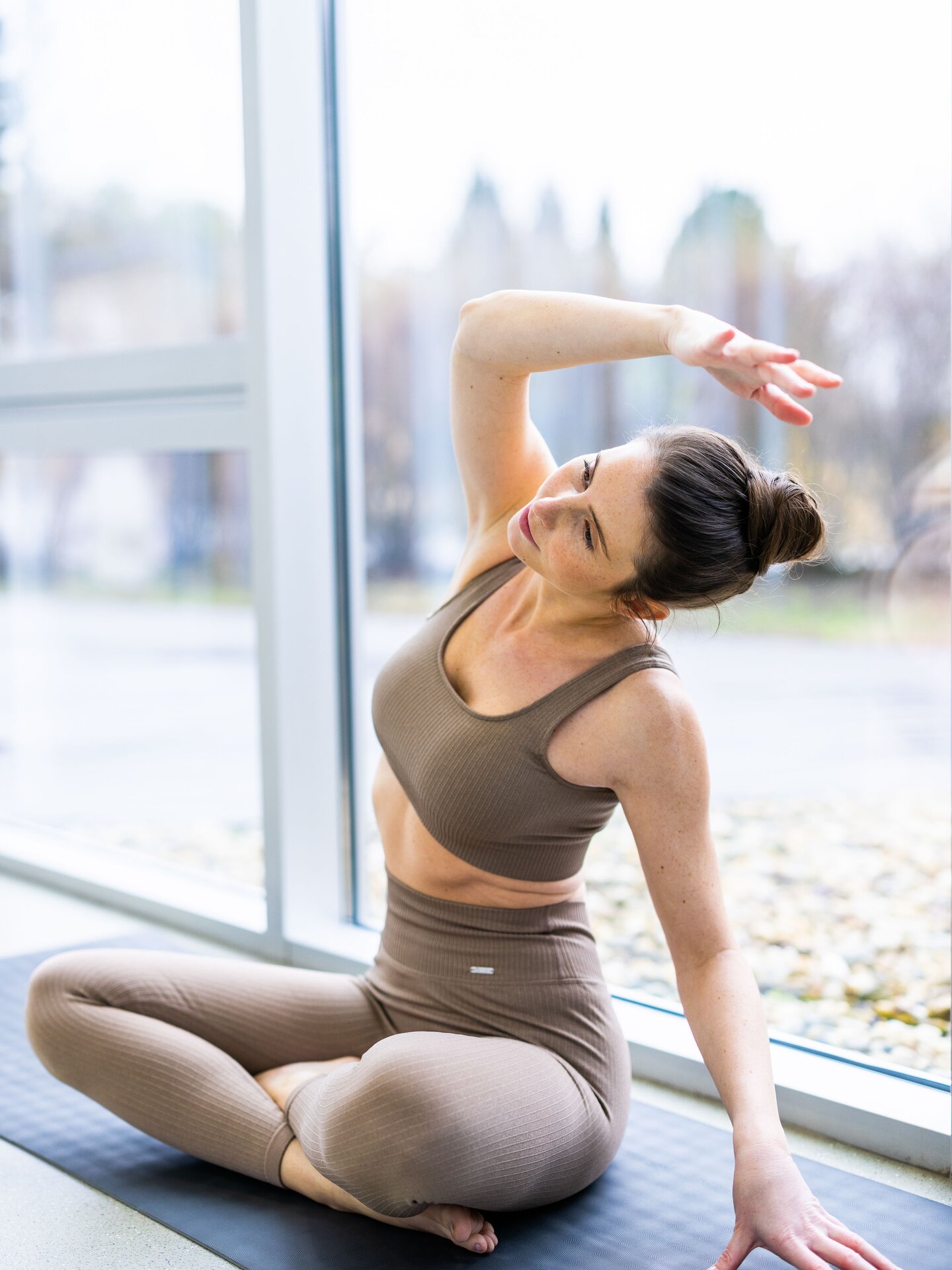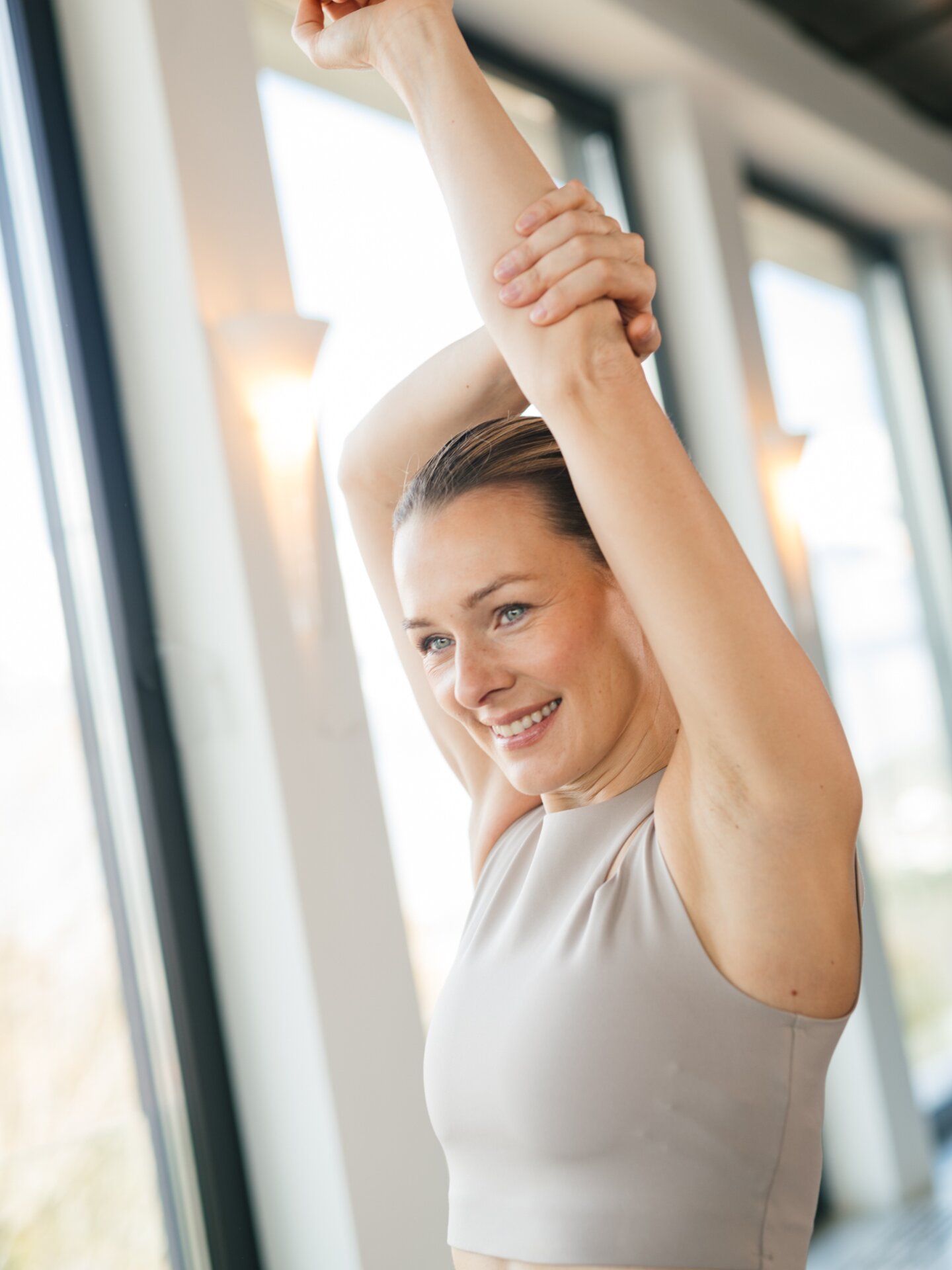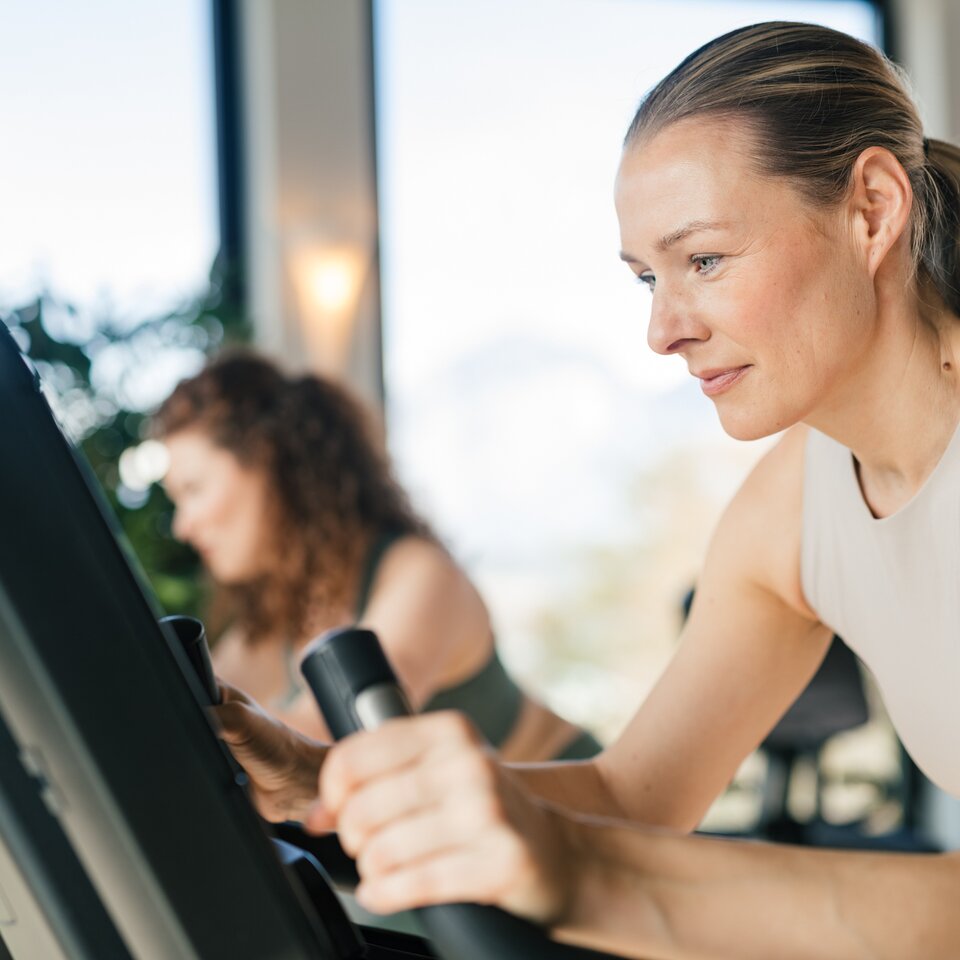Hotel with a wide range of sports and activities
Exercise – pillar number three
Physical exercise is a key part of every fasting regime, including the Modern Mayr method. Here at the Park Igls Medical Spa we have a selection of therapists and coaches offering a vast array of sports and activities, both within the hotel itself as well as in the surrounding park and the wider region. We strive to take into consideration the goals, needs and potential of every individual guest, while at the same time offering group courses where you can meet like-minded people and share the joy of exercise.
Five pillars of fitness and wellbeing
Body and soul in harmony
Scientific studies and our own personal experience over the years here at Park Igls have proven without doubt the benefits of consistent physical activity adjusted and adapted to each individual guest's needs. Exercise has been shown to be effective in preventing the onset of diabetes, weight gain, depression, arthritis and many other conditions. Therefore sports and activities are an essential part of our overall concept. Fitness and exercise can be broken down into the five major areas listed below.
1. Cardiovascular
Cardiovascular exercise comes in many forms at Park Igls, from a long walk in the park to high intensity interval training (HIIT). Each activity is led by an experienced coach who will help you choose the right duration and intensity for maximum benefit.
2. Strength
Strength training also comes in many forms at Park Igls. We have a state-of-the-art gym and also offer strength-based activities such as Crossfit outdoors. Each activitity is supervised and guided by a trainer.
3. Sensory coordination
This area includes balance and coordination exercises as well as activities aimed at helping guests feel and experience their bodies in a new way. Coordination training helps when it comes to adapting and reacting to new situations and developing a more intense and mindful perception of your own body and physical needs.
5. Relaxation
Relaxing can be surprisingly challenging. It requires the right state of mind and training to develop a successful technique. Exercises include breathing drills, gentle mobilisation of specific areas of the body and a little yoga. Techniques aimed at deeper changes and adaptations include Feldenkrais® and the Jacobsen method for progressive muscle relaxation.
Read more about Modern Mayr Medicine
The Park Igls Blog
Activities at Park Igls – a moving experience
Speak to one of our experts at Park Igls. We will be happy to put together a made-to-measure programme tailored to your individual needs.


